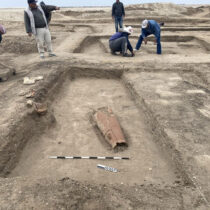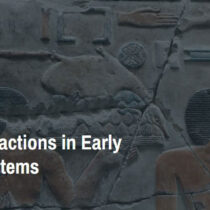The category of “magic” is not permanently fixed. Yesterdays magic may become today’s religion and vice versa. In this article the boundaries between magic and Orthodox Christianity in Greece are explored through historical and contemporary anthropological data. The evil eye offers one example of a practice that was once considered as superstitious but which the official Church later embraced. The latter part of the article considers further the reasons why the boundaries between magic and religion are unclear. Christian Orthodoxy developed as a systematic religion largely in Greek territory and in the Greek language. In this sense it constitutes an “indigenous great tradition”. Many magical practices have an even longer history in Greece. Both Orthodoxy and traditional magical practices draw on late antique cultural conceptions to articulate a body of practices for appealing to the sacred. This common basis in Hellenic cultural logic helps to explain the formal similarities that sometimes make them difficult to distinguish.
Magic and Orthodoxy
22 Aug 2012
by Archaeology Newsroom
- A
- A
- A

